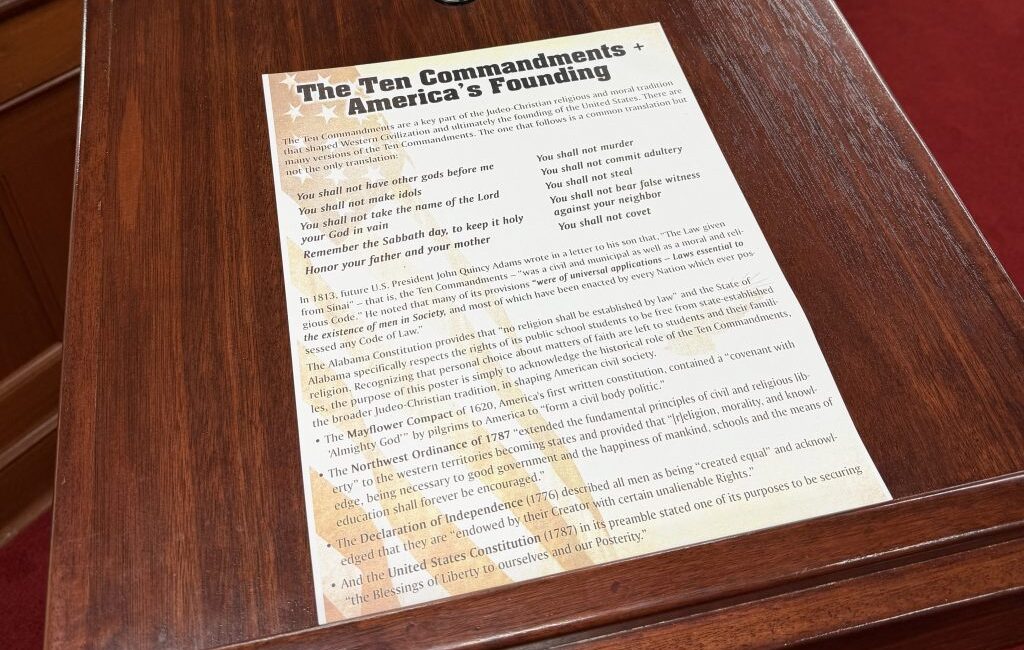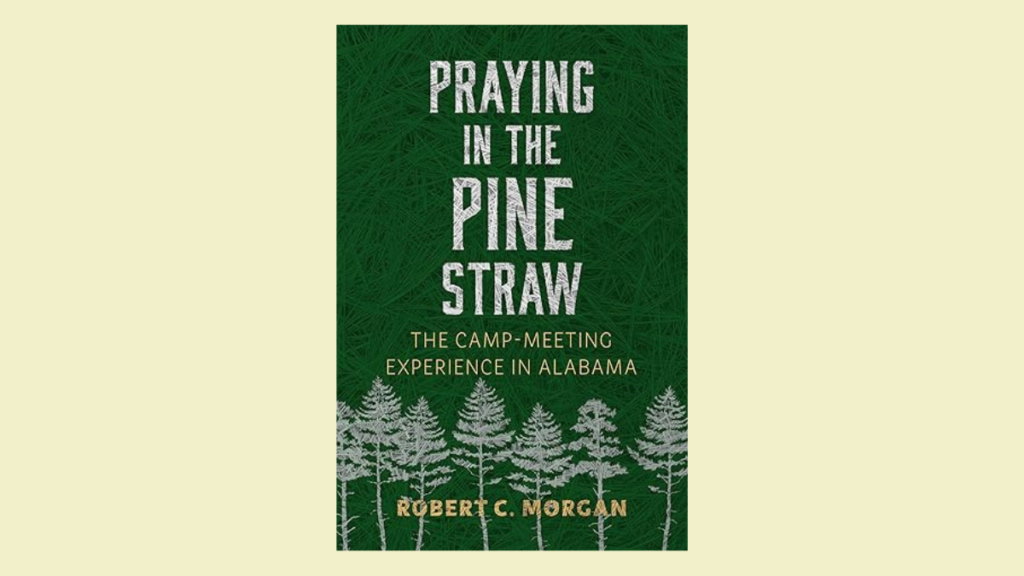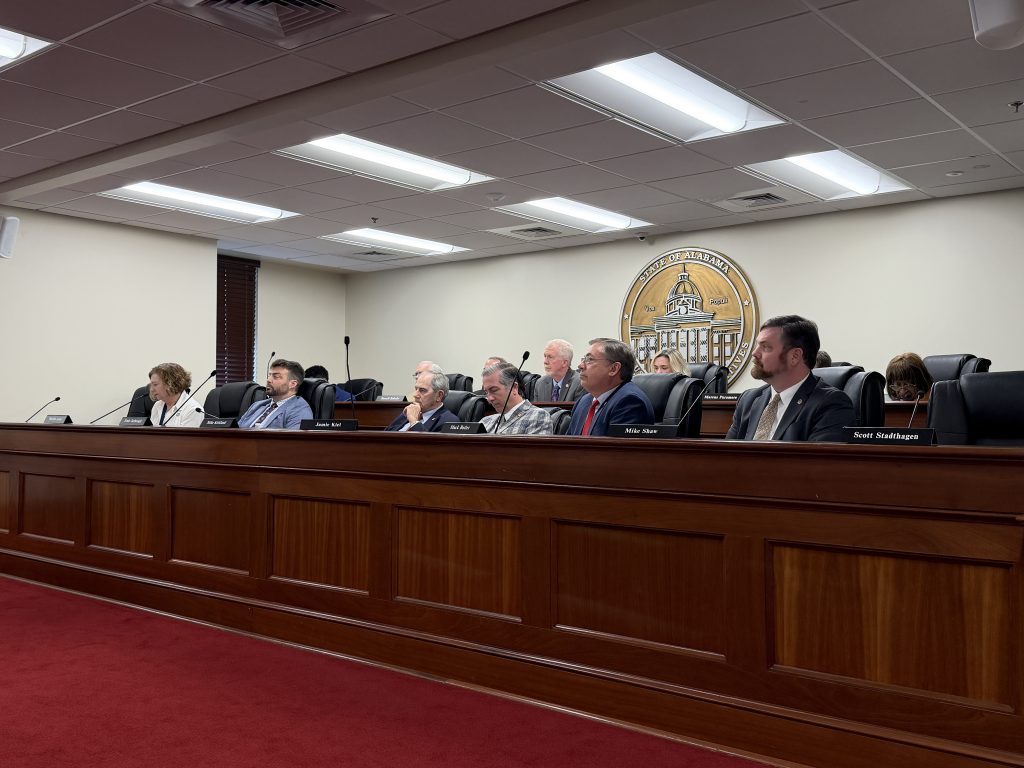The U.S. Supreme Court Nov. 3 refused to hear suspended Alabama Chief Justice Roy Moore’s case concerning his legal fight to display a Ten Commandments monument in the state’s judicial building.
The closely watched case has been punctuated by protesters staging vigils outside the court building in Montgomery and workers wheeling the 5,300-pound granite monument into a storage room.
Americans United for Separation of Church and State, which was among the organizations that sued to remove the monument, said Moore has lost his final appeal.
“This is the end of the legal line for Roy Moore,” said Barry Lynn, executive director of the Washington-based watchdog group, in a statement.
The Christian Coalition of Alabama, which has been among Moore’s supporters, said the overall issue of the placement of the Ten Commandments in public is far from over.
“While we are extremely disappointed that the majority of the court did not see the wisdom to accept this case, the Ten Commandments battle has just begun,” said John Giles, president of the Montgomery-based group.
“There are many cases we are tracking across the country that argue the same basic point, that the American judicial system is based on the moral foundation of our law, the Ten Commandments,” Giles said.
Moore said the high court’s rejection of his case would not deter his fight for the monument’s display. “It’s not over. We do not intend to be stopped. We do not intend to give up. We have only begun to fight,” Moore said at a news conference.
Richard Thompson, chief counsel of the Thomas More Law Center in Ann Arbor, Mich., also expressed disappointment.
“The Supreme Court has … missed an opportunity to clear up confusing lower court decisions dealing with the public display of the Ten Commandments,” he said in a statement.
Religious Right supporters in Congress have introduced a bill, sponsored by Rep. Cliff Stearns (R-Fla.), to require the posting of the Commandments in the House and Senate chambers.
But Lynn said his organization would challenge any such law if it is enacted. “What’s a more quintessential law respecting an establishment of religion than Congress putting up a religious monument in a public space they control?”
The high court had previously refused Moore’s request to delay the removal of the monument, ordered by a district court judge who declared it unconstitutional.
Moore had placed it in the building’s rotunda in 2001. It was removed Aug. 27, two years later.
The court’s decision means that Moore’s case has reached a dead end, but his woes may not be over yet. His defiance of the orders of higher courts earned Moore a suspension from his duties by Alabama’s Judicial Ethics Commission.
He faces a trial, which began Nov. 12, by the state’s Court of the Judiciary. If they rule against him, Moore could be removed from the bench permanently or suspended from his job until the court chooses to reinstate him.
Prior to the trial’s start, Moore had filed a motion with the Alabama state Court of the Judiciary asking that Attorney General Bill Pryor not be allowed to serve as prosecutor in the judicial ethics case.
The motion, denied Nov. 4, stated that Pryor had legal conflicts in acting as the case’s prosecutor since he had defended Moore in court when Moore was a circuit judge in Etowah County and fought to keep a Ten Commandments display on his courtroom wall.
Pryor’s office was involved in the case on Moore’s side, and the motion contended the attorney general could not oppose him.
Pryor insisted the case at hand is not about the Ten Commandments but about Moore’s refusal to follow a federal injunction.
“The single issue before this court is whether Moore violated the canons of judicial ethics when, as the sitting chief justice, he openly defied a federal injunction against him simply because he did not agree with the substance of that order,” Pryor wrote. (Compiled from wire services)





Share with others: